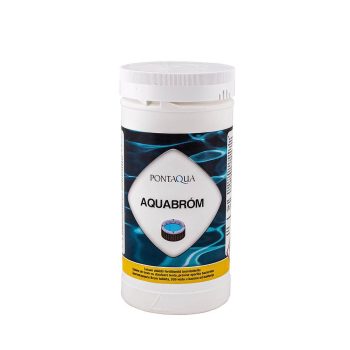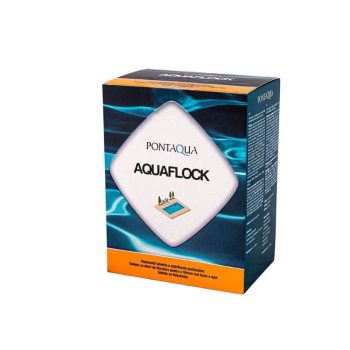Pool chemicals are essential substances used to maintain the water quality and balance in swimming pools. They help to disinfect the water, control algae growth, adjust pH levels, and ensure a safe and sanitary swimming environment. Here are some common types of pool chemicals and their functions:
-
Chlorine: Chlorine is the most commonly used pool chemical for disinfection. It kills bacteria, viruses, and other microorganisms that can cause waterborne illnesses. Chlorine comes in various forms such as tablets, granules, or liquid, and it is added to the pool water to maintain a residual level of free chlorine.
-
pH Adjusters: pH is a measure of the acidity or alkalinity of the pool water. pH adjusters, such as pH increasers (usually sodium carbonate or soda ash) and pH reducers (often muriatic acid or sodium bisulfate), are used to maintain the ideal pH range for swimming pools, which is typically between 7.2 and 7.6. Proper pH levels help chlorine to work effectively and prevent issues like eye and skin irritation.
-
Algaecides: Algae are microscopic organisms that can grow in pool water, causing it to become cloudy or green. Algaecides are chemicals designed to prevent or control algae growth. They work by disrupting the cellular structure of algae, preventing their reproduction and growth. Algaecides are available in different formulations, including copper-based, quaternary ammonium compounds, or polymeric compounds.
-
Shock Treatments: Shock treatments are highly concentrated doses of chlorine that are used to rapidly raise the chlorine level in the pool water. Shocking the pool helps to eliminate chloramines (combined chlorine) that can cause unpleasant odors, eye irritation, and dull water. It also helps to oxidize organic contaminants like sweat, sunscreen, and bacteria, ensuring clean and clear water.
-
Stabilizers: Also known as cyanuric acid or pool conditioner, stabilizers help to protect chlorine from being rapidly degraded by sunlight. They act as a sunscreen for chlorine, preventing it from dissipating too quickly in outdoor pools. Stabilizers are particularly important in maintaining adequate chlorine levels and reducing chlorine consumption.
-
Clarifiers: Clarifiers are used to improve water clarity by coagulating fine particles, making them easier to remove through the filtration system. They help to eliminate cloudy water caused by small debris, oils, or other impurities that can pass through the filter. Clarifiers work by binding these particles together, forming larger clumps that can be efficiently filtered out.
It's important to note that while pool chemicals are necessary for maintaining water quality, it is crucial to follow the manufacturer's instructions and handle them with care. Proper handling, storage, and dosage are essential to ensure the effectiveness of the chemicals and to protect the health and safety of swimmers. Regular testing of pool water using test kits is recommended to monitor chemical levels and make necessary adjustments for optimal pool conditions.
















